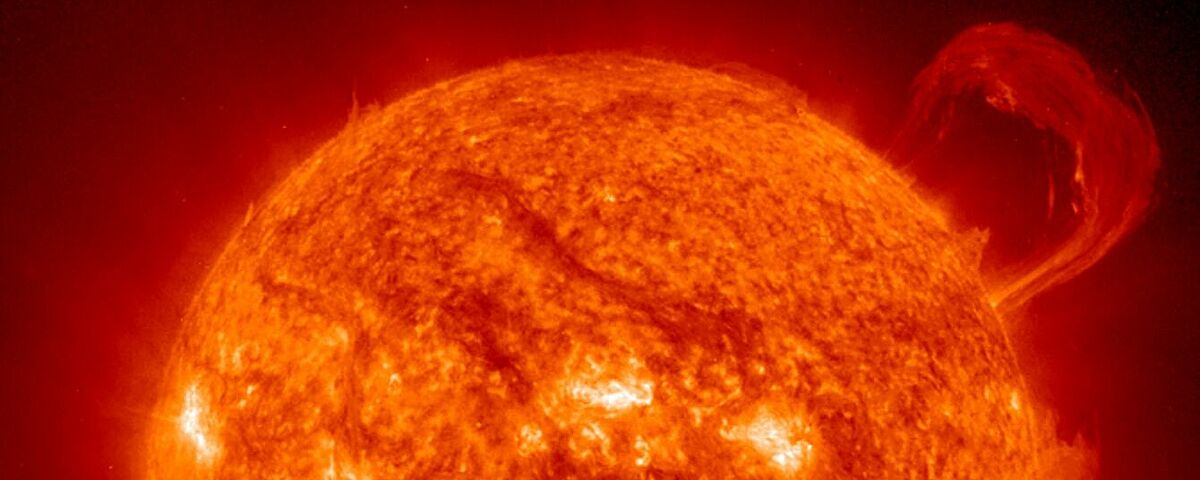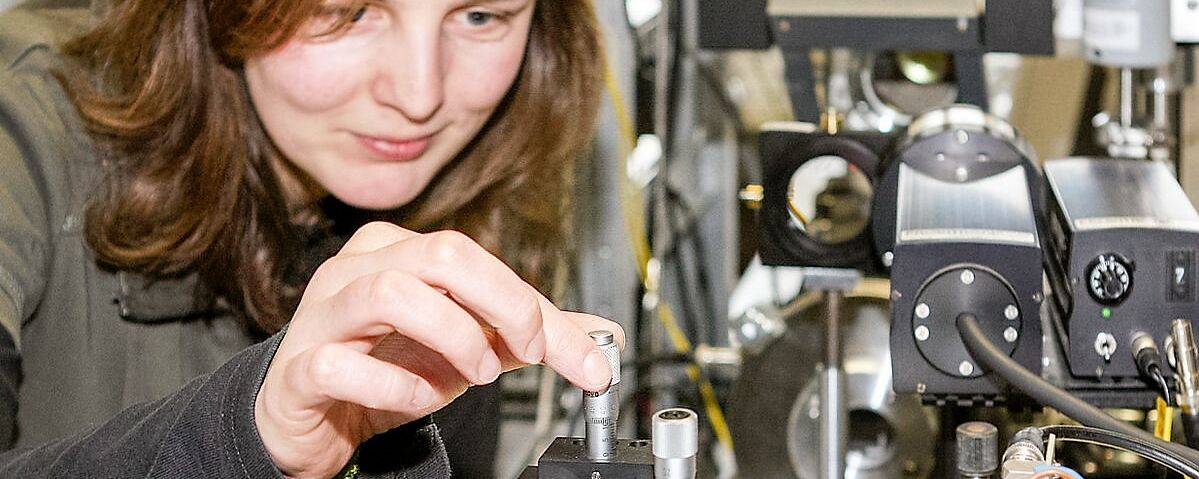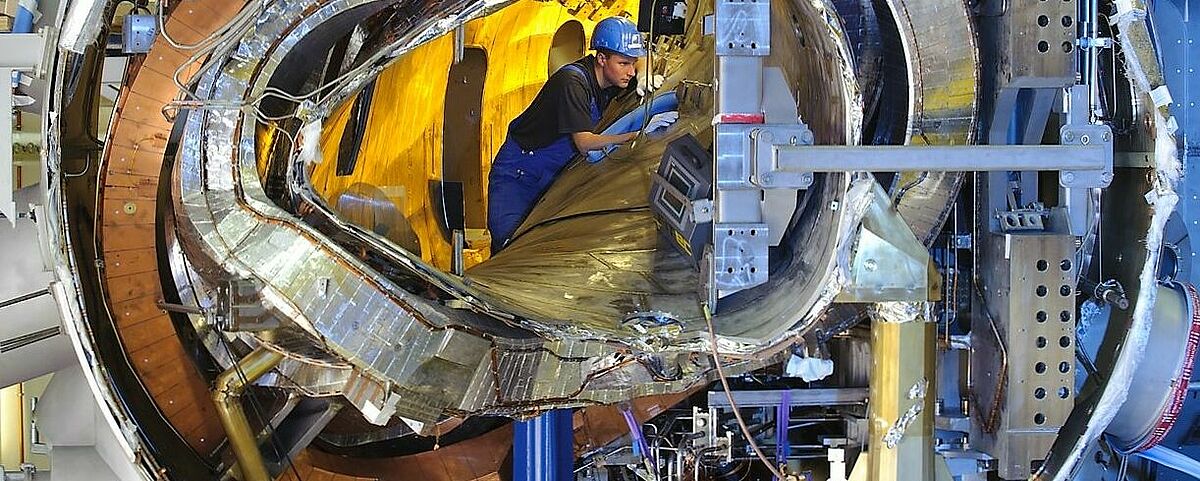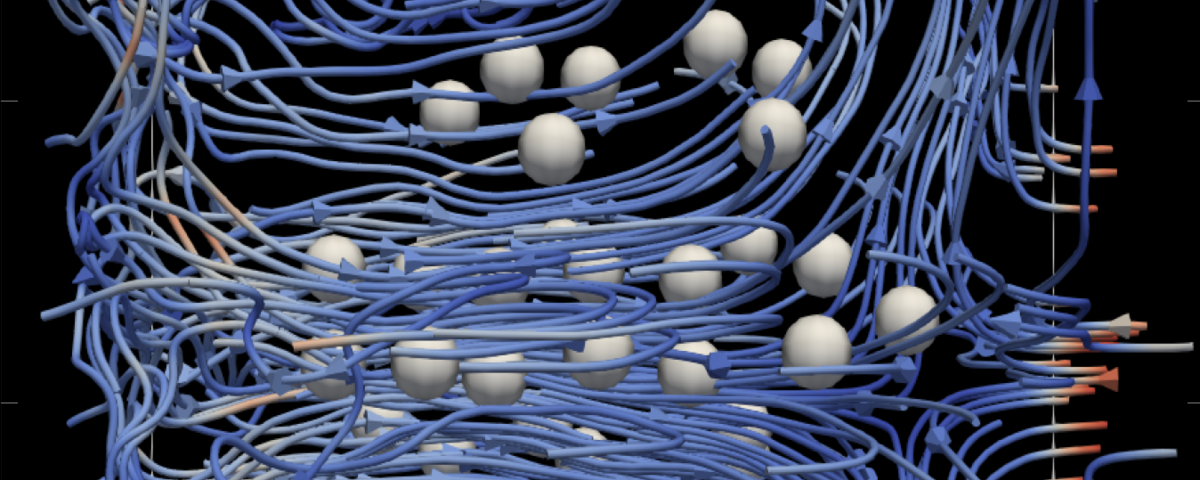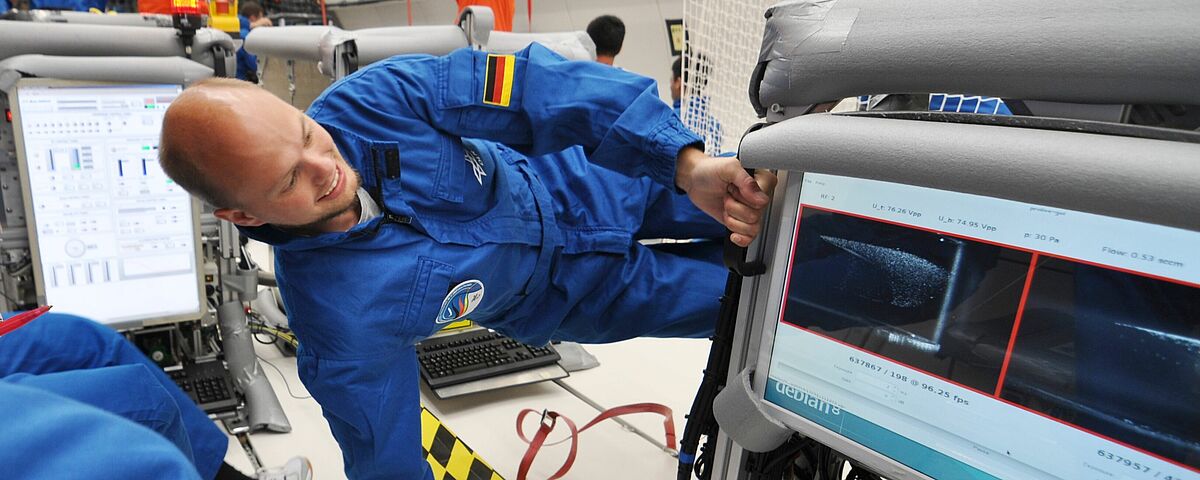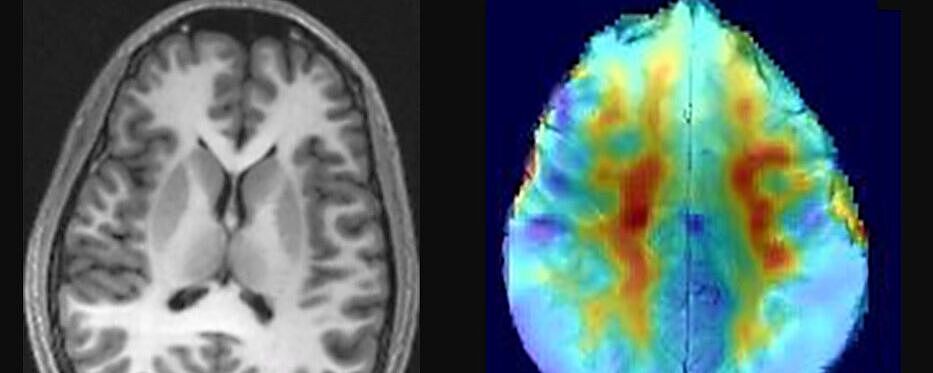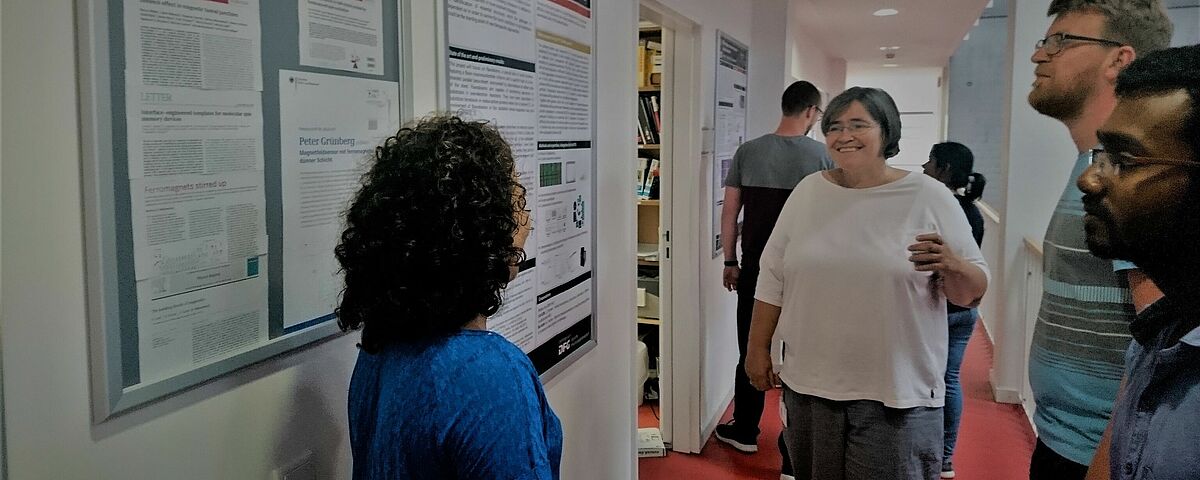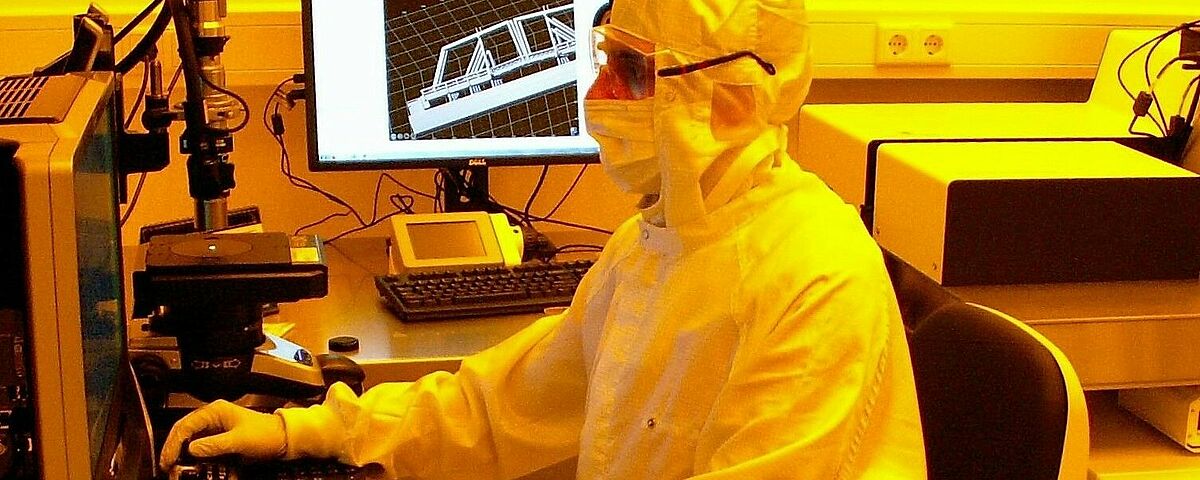The University of Greifswald's research concentrates on five key fields. These are internationally recognised and connected. The key field of Plasma Physics has a long tradition in Greifswald and is today represented by the Institute of Physics at the University of Greifswald and the research institutions outside of the University – the Leibniz Institute for Plasma Science and Technology e.V. (INP) and the Max Planck Institute for Plasma Physics (IPP). Thus making Greifswald a European and worldwide centre for plasma research. In the field of low temperature plasmas, the Institute of Physics and the INP examine not only the physical principles of these plasmas, but also their use in the areas of material and nanosciences, environment, energy and life sciences. Research concerning high temperature plasmas is concentrated at the IPP. Currently, the experimental phase of the optimised stellarator “Wendelstein 7-X” is being prepared. This experiment should demonstrate the suitability of a stellarator principal for a fusion power plant.
The newest field of research, Environmental Change: Responses and Adaption, connects the natural sciences with the arts and humanities in the field of ecological environmental research.
Key Fields of Research
Coordinated Programmes from the Deutsche Forschungsgemeinschaft (DFG)
Our research directions institute divisions and research and collaborative research activities:
- SFB 1270 „ELektrisch Aktive ImplaNtatE – ELAINE“, Speaker: Prof. Dr. Ursula van Rienen, University of Rostock
- Transregio 24 "Fundamentals of Complex Plasmas" Greifswald - Kiel (ended 2017)
- Collaborative Research Center 652 „Strong correlations and collective effects in radiation fields: Coulomb systems, clusters and particles" (ended 2017)
Research Training Groups
There are currently five Reserach Training Groups at the University of Greifswald, two with participation of the Institute of Physics:
- HEPP – International Helmholtz Graduate School for Plasma Physics, Spokesman: Prof. Thomas Klinger
- GRK 1947: BiOx - Biochemical, Biophysical, and Biomedical Effects of Reactive Oxygen and Nitrogen Species on Biological Membranes, Spokeswoman: Prof. Christiane A. Helm (ended 2019)
Priority programs (SPP) from the Deutsche Forschungsgemeinschaft (DFG)
DFG SPP 1648 "Software for Exascale Computing"
DFG SPP 1666 "Topological Insulators: Materials - Fundamental Properties - Devices"
DFG SPP 2137 "Skyrmionics: Topological Spin Phenomena in Real-Space for Applications"
Center for Innovation Competence (ZIK) funded by the Minstry of Science and Education (BMBF)

